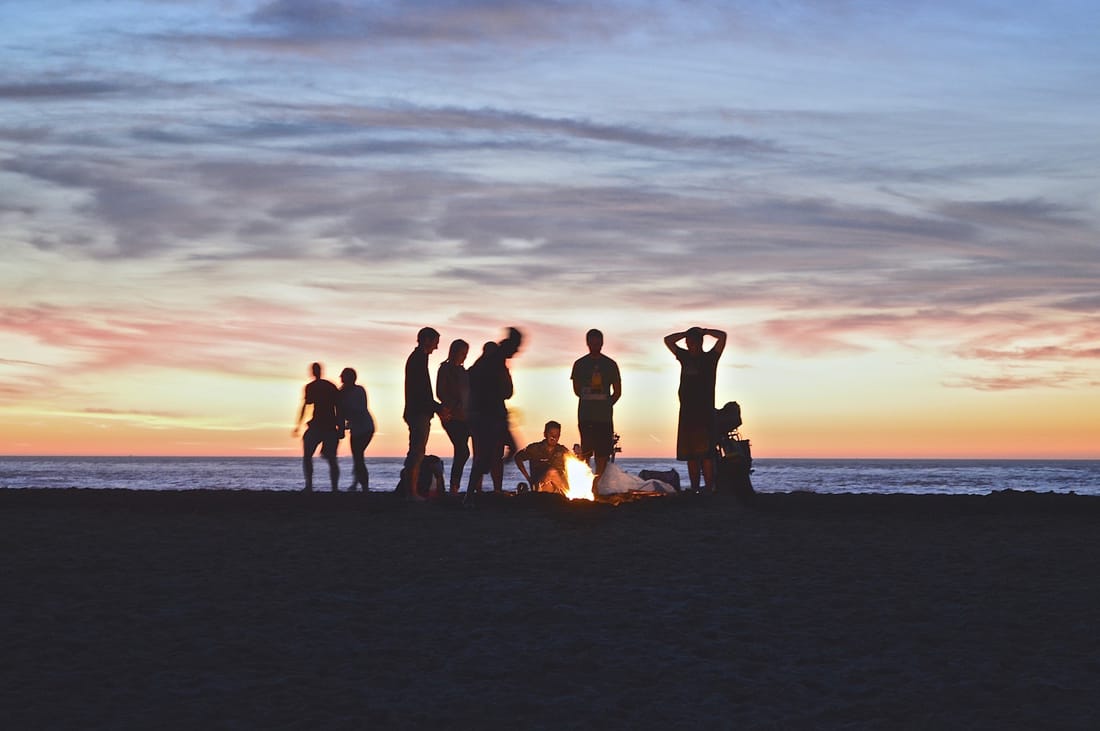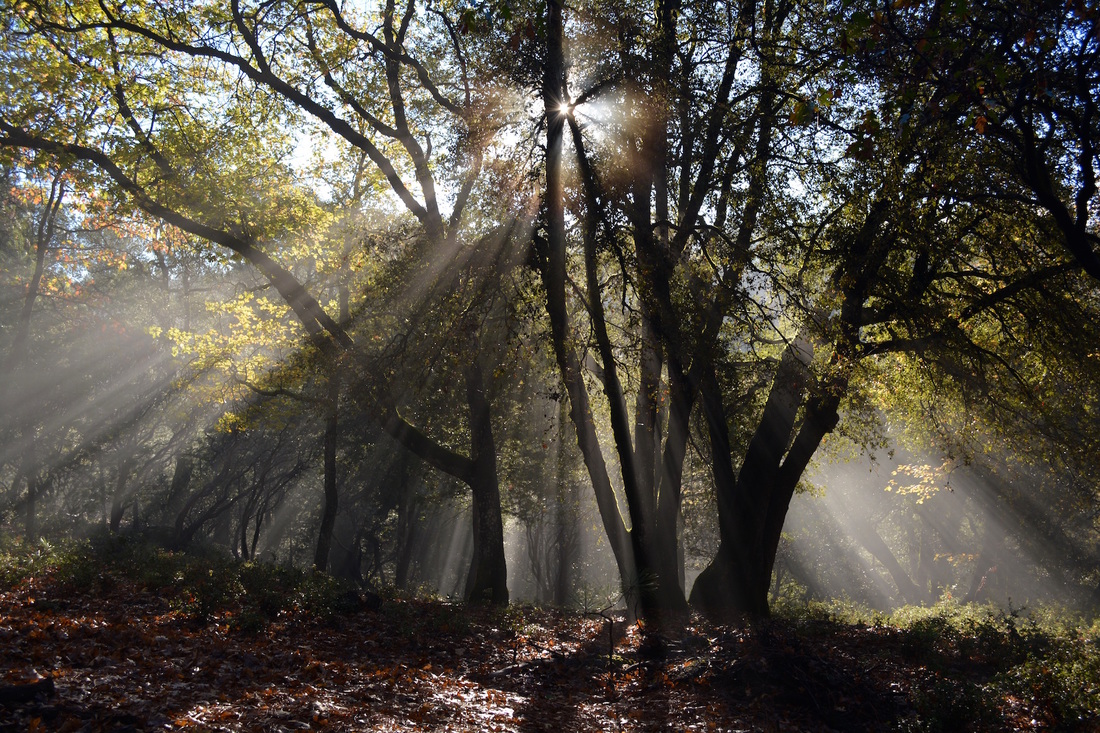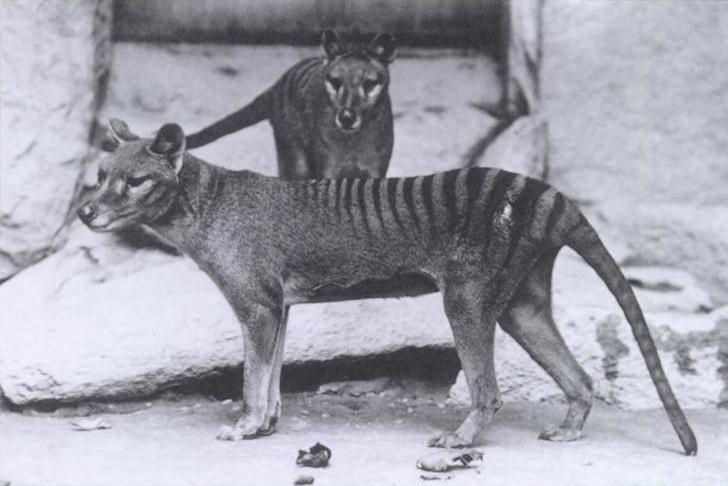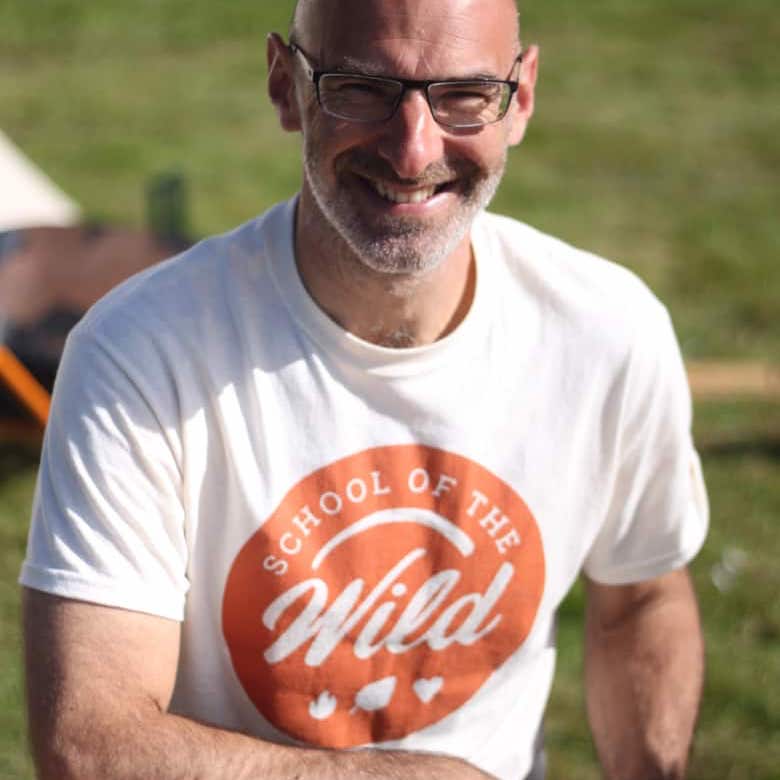2016: A Year of Turmoil, Interesting Times and Why We Need the Peace of Wild Things More Than Ever15/12/2016
There's an old Chinese curse: 'May you live in interesting times.'
2016 has certainly seen its fair share of interest. Brexit, Trump about to enter the White House, Syria, a rise in nationalism and popularism... to name just a few events that show the way we've believed the world to be, is perhaps not how it is. It could be tempting to see these as a blip, in an arc of history that we think always tends towards peace and justice, but as Paul Kingsnorth writes in this blog on the Dark Mountain Project there are deeper issues that need addressing: "When I look at the state of the world right now, I see an arc bending towards something that dwarfs any parochial concerns about particular presidential elections or political arrangements between human nations, and which should put those events into deep perspective. I see a grand planetary shift that has not been seen for millions of years. I see that half the world’s wildlife has gone, and half the world’s forests, and half the world’s topsoil. Humanity's disconnection from nature is the greatest crisis, and the greatest challenge, that we face.
I came across this in a blog post by Ed Gillespie: "We’re at a very real and severe risk of a self-reinforcing cycle of disconnection – where those who grow up with less direct firsthand experience of nature are consequently less likely to care about and act to protect it. This is not inevitable however... ...we need to actively address one of our generation’s core issues – how to fall back into what story-teller Martin Shaw calls a ‘love tangle’ with our one and only wild and wonderful planet."
A pair of Thylacines. Photo by Baker; E.J. Keller. Report of the Smithsonian Institution. 1904
I'm grieving. And I'm cold. So cold in fact that I can't feel my feet.
In the end the cold gets the better of me and I have to leave. The desire to get warm wins out over my desire to stay and grieve some more, sharing tears with the others round the dwindling fire. It's night and I've been standing on the pebbles of Brighton beach in a circle with a motley crowd of twenty or so others. We're here to remember lost species, to hold a posthumous funeral ceremony to commemorate them, in particular the Tasmanian Tiger (Thylacine) which was pronounced extinct in 1936. Some of the artists and students from ONCA, the Brighton gallery who’ve organised this event, have made a willow and paper statue of the Thylacine and we've carried it here through the streets. Ringing the bell of extinction as we process down the Old Steine. "Wake up," shouts flautist Andreas at the head of the procession. "It’s time to wake up!" The few passersby look bemused. Cars speed past. Can they all be oblivious to what’s going on? It really is cold. Freezing it says on my app. Despite this, all the way here I've felt moved and sad. As I listen to others in the circle name species that have gone, I feel the profound power of this simple gathering, of the act of remembering. "Thylacine." "Northern white rhino, lost in January of this year." A particular frog, "extinct last month." "The wolves and bears of this land." The red gazelle. The galapagos mouse. The list goes on. I'm shocked most by recent losses. Species gone forever through hunting, habitat loss, a warming planet. Because of us. |
Author & CuratorNigel Berman is the founder of School of the Wild. Archives
March 2024
|
Leaders |
About Us
Support |
|





 RSS Feed
RSS Feed



